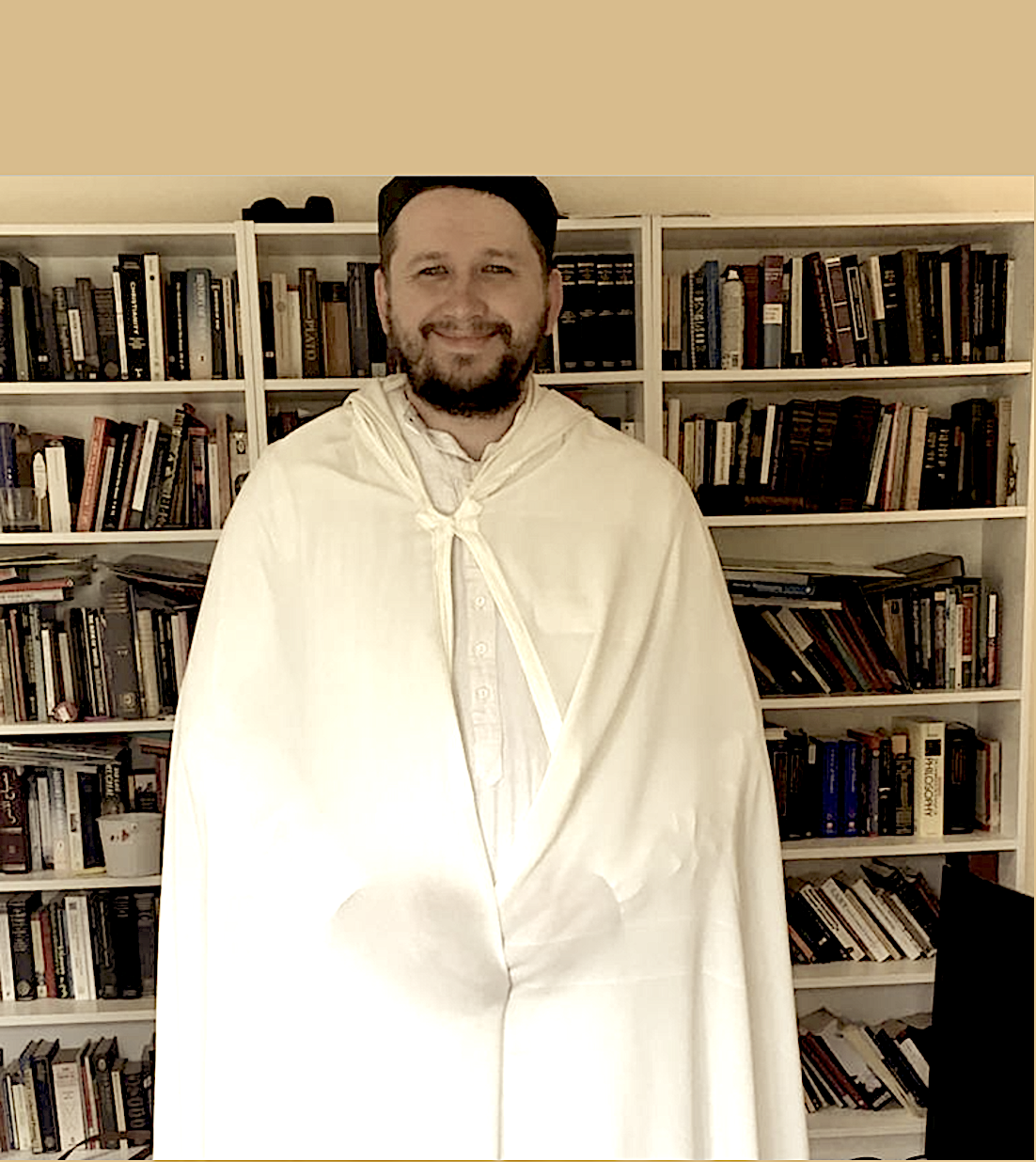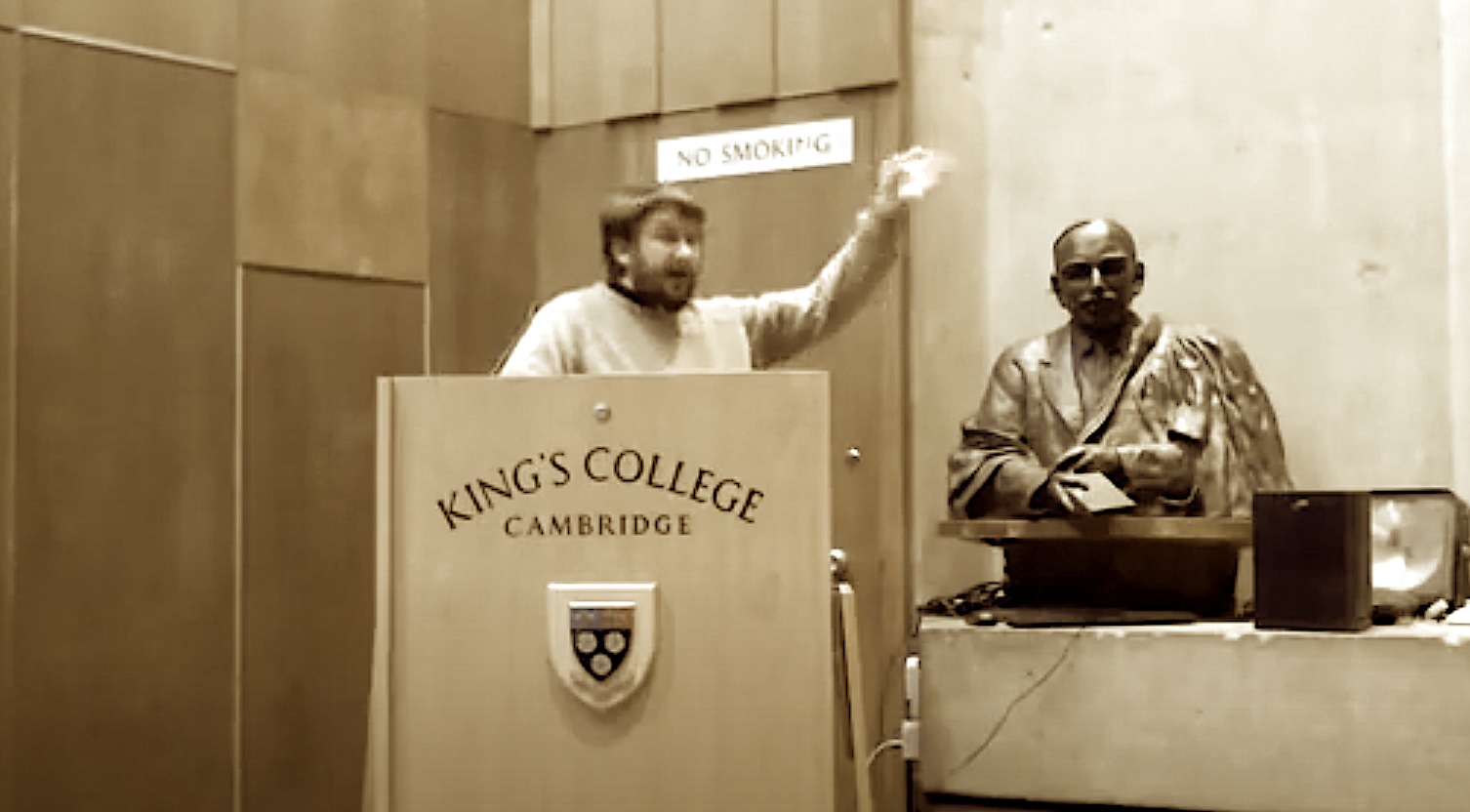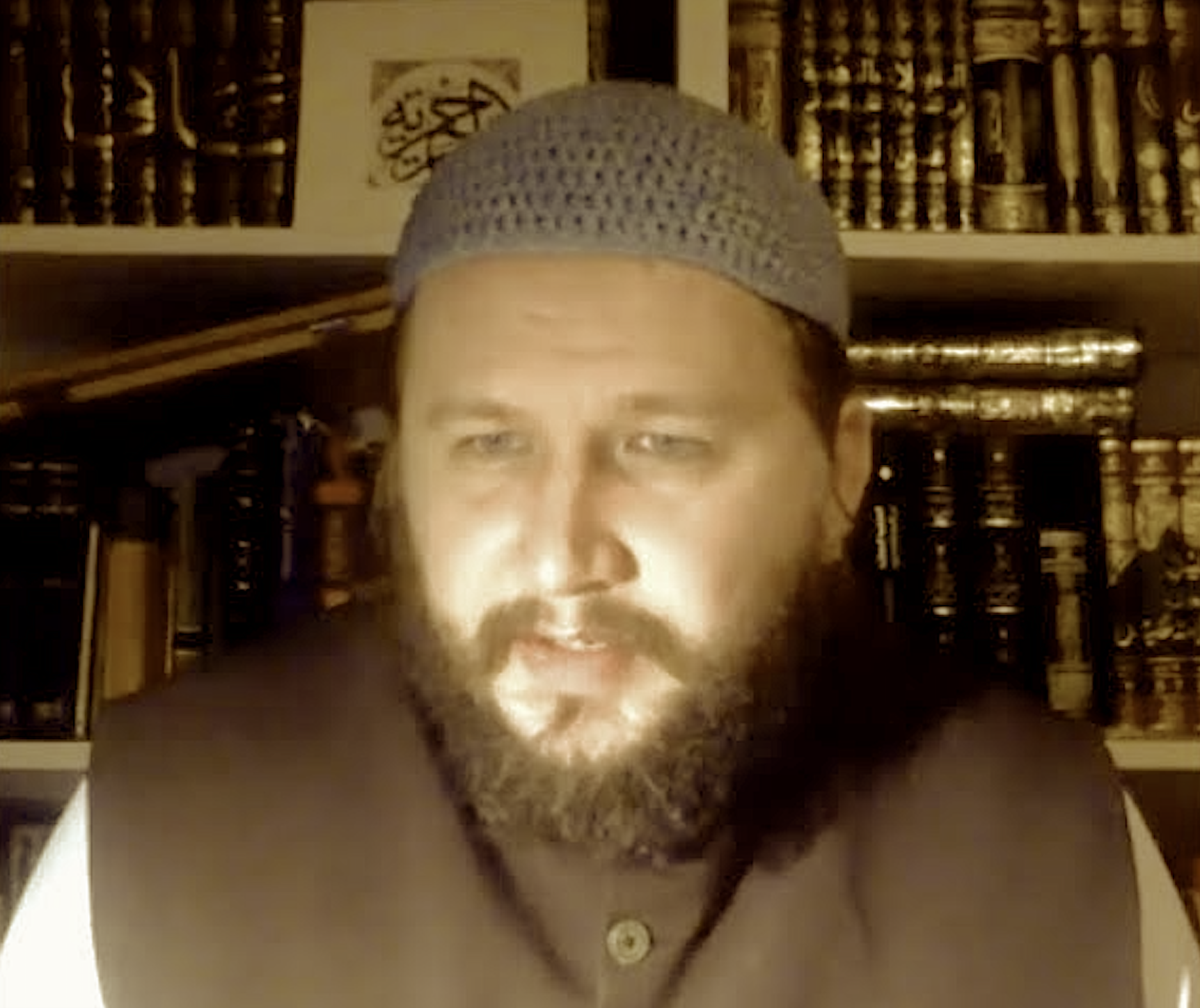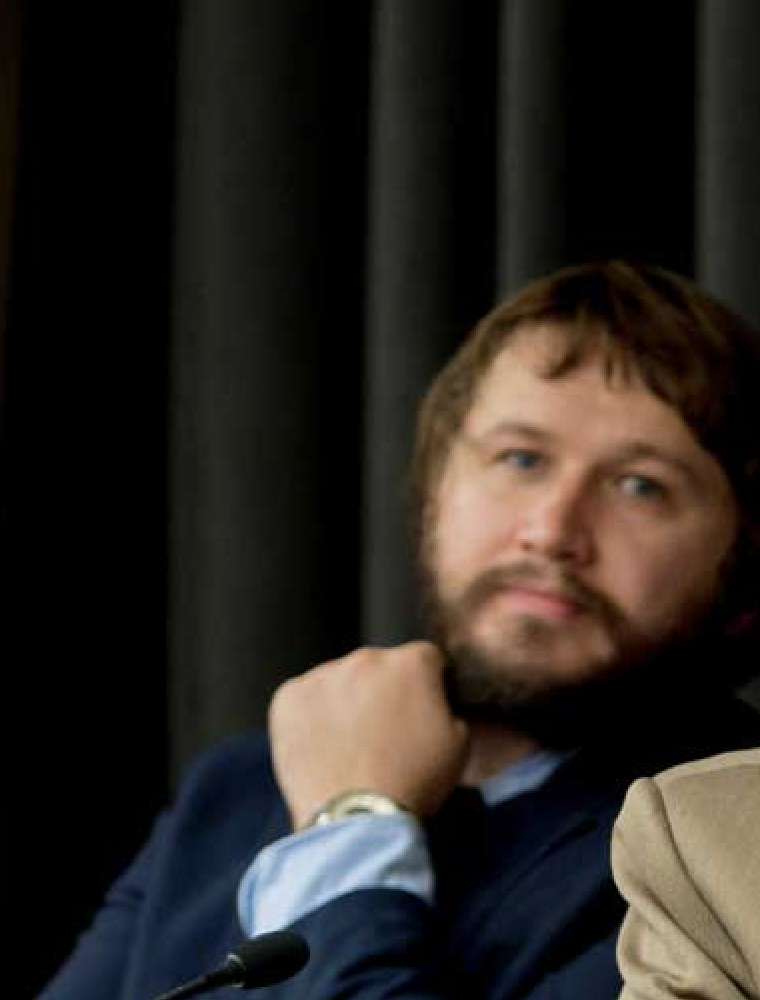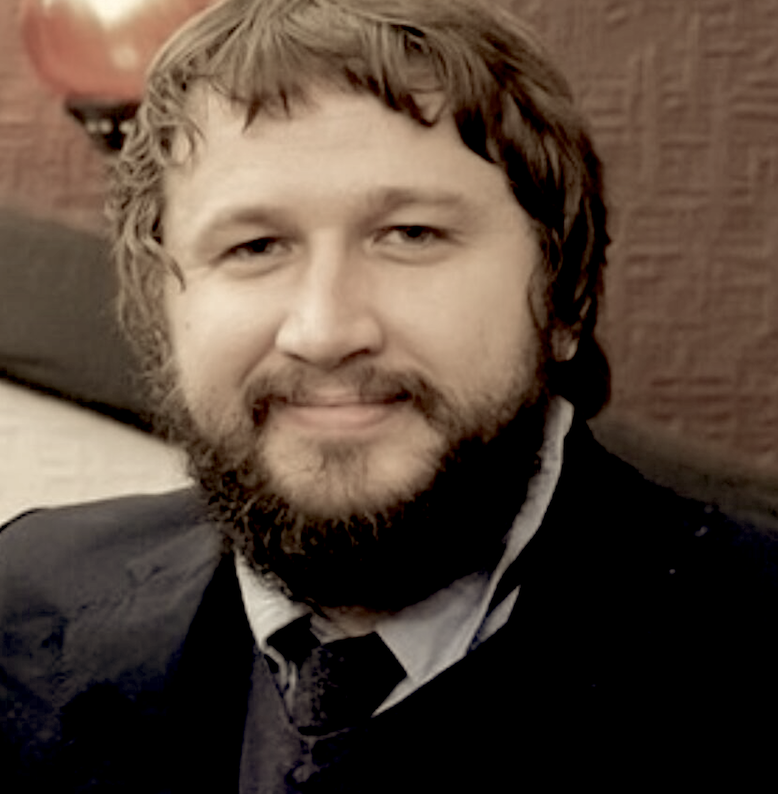Metaphysics & Logic
in the Islamic &
Western Traditions
‘Metaphysics and Logic in the Islamic and Western Traditions’ equips students with advanced logical and philosophical tools from both of these very broad traditions, aiming not merely to provide general culture in the comparative history of philosophy, but rather to train practitioners who have mastered the fundamental principles of philosophy, and who will by the time they graduate be empowered to pursue further mastery and become the advanced and original, authentically Islamic analysts and thinkers our Umma so urgently needs.
COURSE MODULES
Week 1 What is metaphysics?, and course overview. Pre-course principles of ʿaqīda, from al-ʿaqīda al-Nasafiyya. Close readings: Avicenna, Metaphysics on the subject matter of metaphysics, Plato, Republic on the subject matter of philosophy
Week 2 Logic: What is logic? And course overview. Close reading: Aristotle, Prior Analytics, Posterior Analytics. Plotinus, On Dialectic.
Week 3 Metaphysics: Historical overview: The origins of Philosophy. ‘First’ principles and the tools of analysis: Henological, ontological and other starting points. Sources of knowledge.
Close reading; Plato, Phaedo.
Week 4 Logic: Platonic dialectic. Traditional Logic: Signification. Modern logic: Introducing symbolic notation. Close reading: Plotinus: On Time and Eternity.
Week 5 Metaphysics: Approaches to Umūr ʿĀmma I :Being, essence, and identity. The Five Presences. The one and the many and the Forms. The Platonic Transcendentals. Historical overview II: The Old Academy, The Lyceum after Aristotle, Middle Platonism, Augustine, Plotinus to Justinian’s closure of the Academy. Close readings: al-Rāzī, al-Umūr al-ʿĀmma from the Mulakhkhaṣ I; Plotinus,On Beauty
Week 6 Logic: TL: Predicables and Conception. ML: Axioms of Propositional and Predicate Logic. Close readings: Lucretius, On Nature. Sextus Empiricus, Outlines of Scepticism
Week 7 Metaphysics: Approaches to Umūr ʿĀmma II: Modality and causality. The world of Becoming. Introducing the problematics of immanentism and exemplarism. Historical overview III: The translation movement to Avicenna. Imām al-Ghazālī. John Scotus Erigena, the Victors, Anselm, the Cathedral Schools to the Conquest of Toledo. Close reading: al-Rāzī, al-Umūr al-ʿĀmma from the Mulakhkhaṣ II. Aquinas, the transcendentals, from De Veritate.
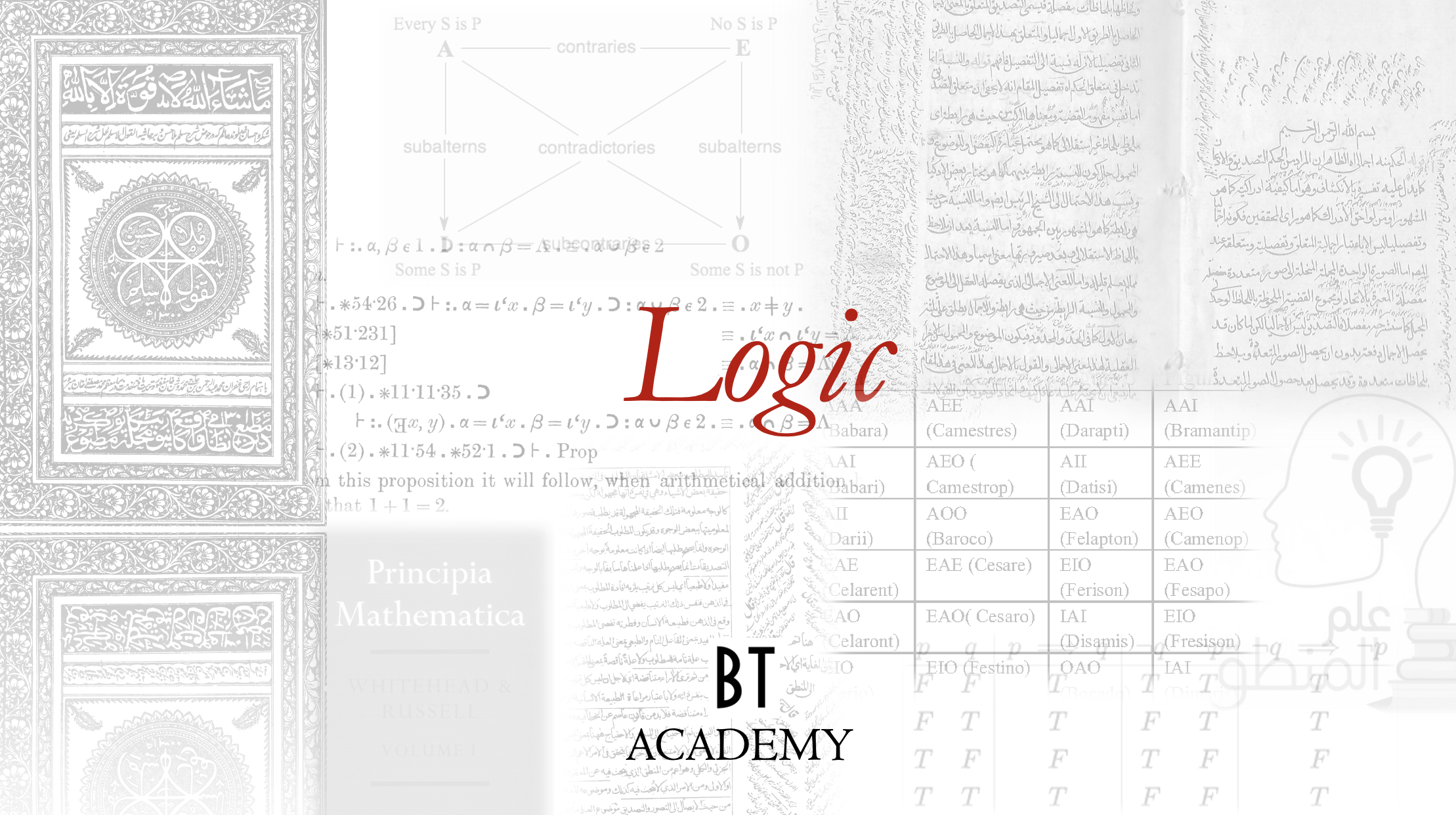
Week 8 Logic: TL: The proposition. Categorical, disjunctive, and hypothetical. ML: The logic of relations. Close reading: Proclus, Elements Propositions 1-13.
Week 9 Metaphysics: The Aristotelian categories, and Plotinus’s critique of the categories. The Megista Gene I. Historical overview IV: The High Middle Ages, Aquinas. Imām al-Rāzī and his reception. Close reading: Enneads VI.1-3. Selections from Pseudo-Dionysius the Areopagite.
Week 10 Logic: TL: Modal propositions ML: Modal logic. Close reading: Peter Abelard, Logica ‘ingredientibus’.
Week 11 Metaphysics: The Aristotelian categories, and Plotinus’s critique of the categories. The Megista Gene II. Historical overview V: Ibn ʿArabī and his reception. Duns Scotus, Ockham and the end of the Middle Ages. Philosophy in the Ottoman world. Close reading: Enneads VI.1-3; Selections from Suhrawardī. Taşköprüzade, al-Shuhūd al-ʿAynī.
Week 12 Logic: TL: Contradiction and conversion. ML: Dialetheism, and introduction to alternative logics. Classic debates: Imām al-Ghazālī and Ibn Rushd. The subsequent Ottoman debate on Imām al-Ghazālī vs. Avicenna in Hocazade and others.
Week 13 Metaphysics: Concept formation: The Agent Intellect, mental existence. Historical overview VI: Descartes, the Scientific Revolution, and the emergence of ‘modern’ philosophy. Innatism; abstractionism. Close reading: Descartes, Discourse on Method, Meditations. Selections from the works of David Hume.
See prospectus (link in header) to view weeks 14-26.

